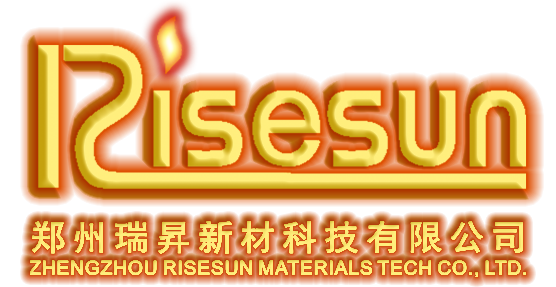01
2024
-
10
Understanding Molybdenum Disilicide Heaters: An Essential Component in Electric Heating Solutions
Molybdenum disilicide (MoSi2) heaters are a specialized type of heating element widely used in high-temperature applications. Characterized by their excellent thermal stability and resistance to oxidation, these heaters are particularly valuable in environments that require consistent and reliable heating at elevated temperatures. With the ability to operate effectively at temperatures exceeding 1
Molybdenum disilicide (MoSi2) heaters are a specialized type of heating element widely used in high-temperature applications. Characterized by their excellent thermal stability and resistance to oxidation, these heaters are particularly valuable in environments that require consistent and reliable heating at elevated temperatures. With the ability to operate effectively at temperatures exceeding 1600 °C (2912 °F), molybdenum disilicide heaters are often employed in industries such as ceramics, metallurgy, and semiconductor manufacturing.
One of the key advantages of molybdenum disilicide heaters is their durability. Unlike traditional heating elements that can degrade quickly under high thermal stress, MoSi2 heaters maintain their structural integrity, ensuring prolonged service life. This durability translates into lower maintenance costs and reduced downtime for industrial operations, making them an economically attractive option for many enterprises.
Moreover, molybdenum disilicide heaters exhibit excellent thermal conductivity, which facilitates uniform heat distribution. This characteristic is critical in processes where temperature consistency is paramount, such as in sintering ceramics or annealing metals. By providing even heating, these heaters help improve product quality and reduce the risk of defects that can arise from temperature fluctuations.
In addition to their thermal properties, molybdenum disilicide heaters are also resistant to chemical attack, making them suitable for use in reactive atmospheres. This resistance allows them to function effectively in environments that may contain corrosive substances, thereby broadening their scope of application. Industries that involve the processing of aggressive materials can greatly benefit from the implementation of these heaters.
Furthermore, the design flexibility of molybdenum disilicide heaters allows for various configurations, including flat plates, rods, and customized shapes to meet specific installation requirements. This adaptability enables manufacturers to incorporate them seamlessly into existing systems or new designs, enhancing their operational efficiency.
Another noteworthy feature is the self-regulating nature of molybdenum disilicide heaters when powered. As the temperature increases, the material resists current flow, which can prevent overheating and associated risks. This inherent safety feature is particularly beneficial for applications where temperature control is crucial.
In conclusion, molybdenum disilicide heaters are an exceptional choice for high-temperature electric heating solutions. Their superior thermal stability, durability, and resistance to oxidation and corrosion make them a reliable option for various industrial applications. By integrating these advanced heating elements, businesses can enhance productivity, ensure product quality, and reduce operational costs, all while benefiting from their unique properties.



